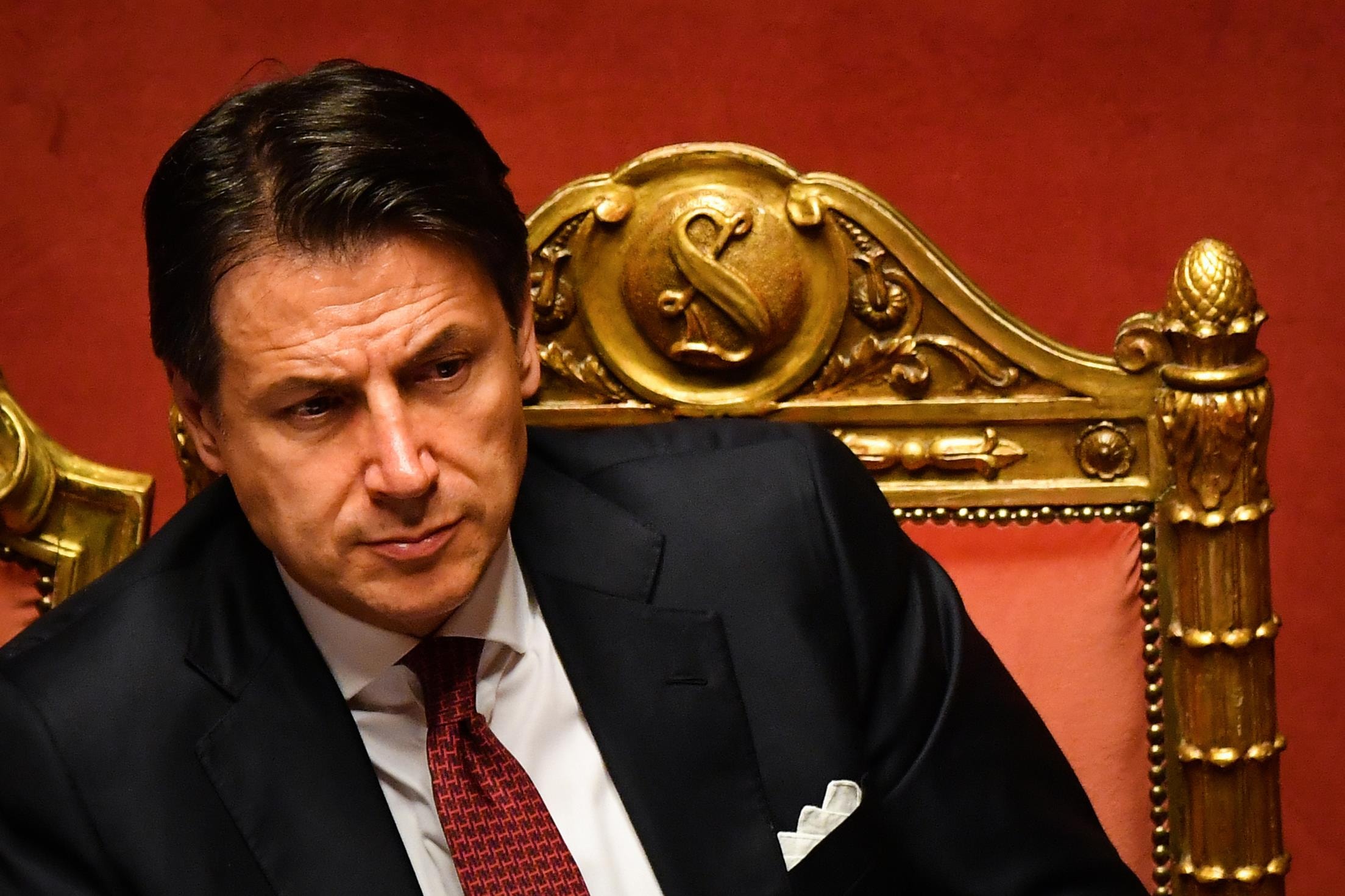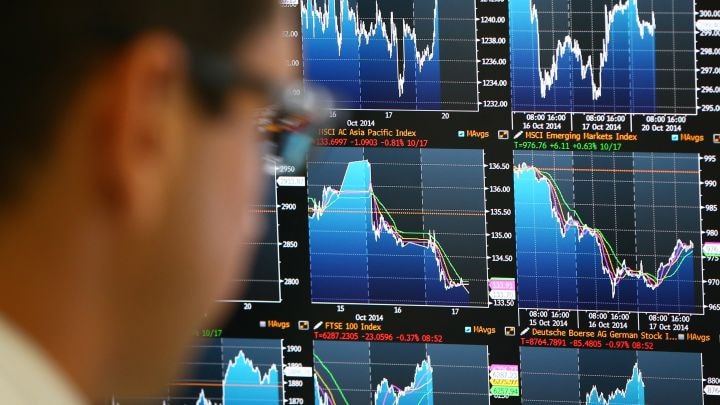Italian politics: 'One small mistake can lead to another'
(Baonghean) - Italian Prime Minister Giuseppe Conte has just submitted his resignation amid the political crisis surrounding the country. A new vicious cycle in the political arena of the boot-shaped country seems to be reoccurring...
 |
| Giuseppe Conte resigned after 14 months in power. Photo: AFP |
Go our separate ways
Italy has been notorious for its political troubles over the past decade, and the latest developments in the country’s political scene this summer are no exception. Prime Minister Giuseppe Conte’s decision to resign can be seen as an inevitable consequence of the divisions between the parties since the government was formed in May 2018. At that time, Mr. Conte was nominated by President Sergio Mattarella to be Prime Minister and formed a coalition government consisting of the League (NL) party and the “5-Star Movement” (M5S). Mr. Conte’s cabinet is considered the first populist government in Western Europe.
Although both parties are in the ruling coalition, the NL and M5S parties have always disagreed on political lines and approaches to policy making. The confrontation reached a climax when last week, the far-right NL party, led by Deputy Prime Minister and Interior Minister Matteo Salvini, announced the end of the majority coalition in the Italian Parliament and requested to hold a general election as soon as possible. This means that the government coalition between NL and M5S has "gone their separate ways". This development put Mr. Giuseppe Conte in a difficult situation. His decision to resign prevented a vote of no confidence that Mr. Salvini requested, but also ended Italy's 65th government after more than 14 months of establishment.
Analysts say that today's outcome is partly due to Mr. Salvini's "political gamble". After forming an alliance with NL last year, Mr. Salvini has emerged as a "voice" politician in Italy, overshadowing the role of Mr. Luigi Di Maio - the young leader of the 5-Star Movement party. In the European Parliament election last May, the NL party won the most votes, further strengthening Mr. Salvini's position. Recent polls also show that the support rate for his NL party is at a high level. It is predicted that this party can win 36-38% if an early election is held at this time, the highest among the current parties. Therefore, the move to separate from the alliance and demand an early election is within Mr. Salvini's goal if an early election is held. Mr. Conte himself also criticized Mr. Salvini as an opportunist for seeking political victories while ignoring the interests of other parties.
 |
| Giuseppe Conte (right) gave his final speech to the Italian parliament as Prime Minister, right next to Matteo Salvini. Photo: AFP |
However, if we look more broadly, this is what has always happened in Italian politics. In just the past decade, the country seems to be stuck in a vicious cycle where the “lifespan” of governments is only measured in months (in the past 10 years, there have been 6 Prime Ministers). The cause of this “tangled” situation comes from the decline of traditional political parties, specifically the center-left Democratic Party and the center-right Forza Italia party, along with the rise of far-right, populist parties such as NL or M5S. More importantly, the deadlocked confrontation between the President and the parties is considered the traditional “identity” of political culture in Italy, causing successive governments and reform initiatives to always fail.
Risk of "dual crisis"
Italy’s future now lies in the hands of President Sergio Mattarella. The president can propose the formation of a caretaker technocratic cabinet in the coming months, if the political parties agree. However, if no other options are available, he will have to dissolve parliament and call early elections, as early as early October. Some opinions now believe that a new, long-term coalition is necessary for Italy now, and it is very likely that a coalition between the Democratic Party (PD) and M5S will be formed to ensure political stability in Italy. If these two parties “join hands” to form a coalition, Mr. Matteo Salvini’s “game” will be considered a failure.
In any scenario, the political crisis raises great concerns as the third largest economy in the Eurozone is struggling to grow with a public debt to GDP ratio of 132%. Statistics from the Italian National Statistics Office show that the country's economy is still gloomy after a "lost decade" since the financial and economic crisis occurred in Europe. Currently, many Eurozone economies have escaped the crisis, but Italy's economic growth is still almost "stagnant". If the political situation in Italy continues to be as chaotic as it is now, the country's economy will be seriously affected. Investors will flee this market, while banks will also consider more carefully before borrowing from Rome. Thus, the prospect of a "double crisis" is conceivable if Italy does not find a solution by forming a capable government.
 |
| European stocks fell after the resignation of the Italian Prime Minister. Photo: CNBC |
In addition, anxiety is also pervading Europe as the political crisis in Italy will add uncertainty to the crucial upcoming negotiations on the Italian budget of the rest of Europe. This is a crucial time for Europe, with the risk of a recession in Germany and the formation of a new European Commission likely to contribute to the decline in confidence in the Eurozone. In the short term, confidence in Italy is set to face a difficult test with any new government. Italy could also pose a difficult situation for the European Central Bank (ECB) as its huge public debt is currently supported by the ECB's bond-buying program. However, when this program ends and Italy still has high deficits and low growth, this means that the cost that markets will require to lend to Italy will increase significantly.
In other words, instability in Italian politics will lead to a series of consequences. Europe, which is already "fragile", will be even more shaken after instability in Italian politics./.
